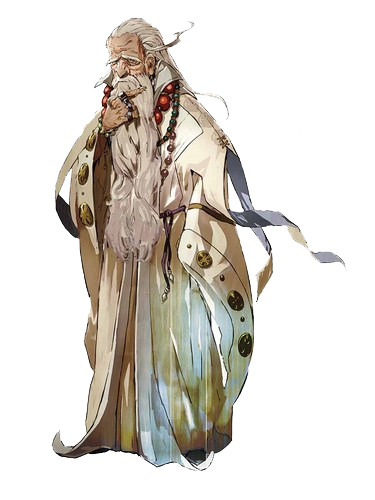

‘People don’t care enough to make it work’ The companies that provide the public spaces own them and it is not in their best interest to offer these rights to their users.

The rule-breakers can’t be enforced against because real-world jurisdictions can punish and online ones cannot, thus any online system will be overwhelmed by rule-breakers. People don’t have enough at stake to make the system work (the weight of the system is more than the benefit it accrues). There are three common arguments against online communities behaving as if they were states, outlined below. This week, I’d like to get a little more practical and attempt to address a few of the criticisms pointed at the argument that online communities should more resemble actual, real-world jurisdictions. If we don’t have the consent of our users, we have no network. This model we propose offers the user-citizens rights and responsibilities, such as habeas corpus (you cannot be banned off your Gmail, Facebook account for no reason), right to a trial (the process that bans you is a court of law, open to the public), to an appeal, with the ultimate goal being that the tech that we have come to depend on so much for our lives, tech that profits off of our use, does treat us like human beings in a civilised jurisdiction.Īs to why this matters to us (us being Aether), a peer-to-peer (P2P), decentralised public space, we do need the consent of the users more than anyone because, in our system, users are the platform, not visitors to Disneyland who passively watch the exhibits, or customers to be advertised at, since the content on Aether’s P2P network is distributed via users’ very computers. This meant citizens withholding consent without being kicked out would be able to control how the platform works. Last week (shh, yes last week) we were talking about how the only long-term viable mode of operation for an online community of sufficient size is one that of a sovereign state where the users are citizens who consent to the actions of that state.

Note: this is the second part of a series on moderation in online and decentralised communities. The death and life of great online cities


 0 kommentar(er)
0 kommentar(er)
